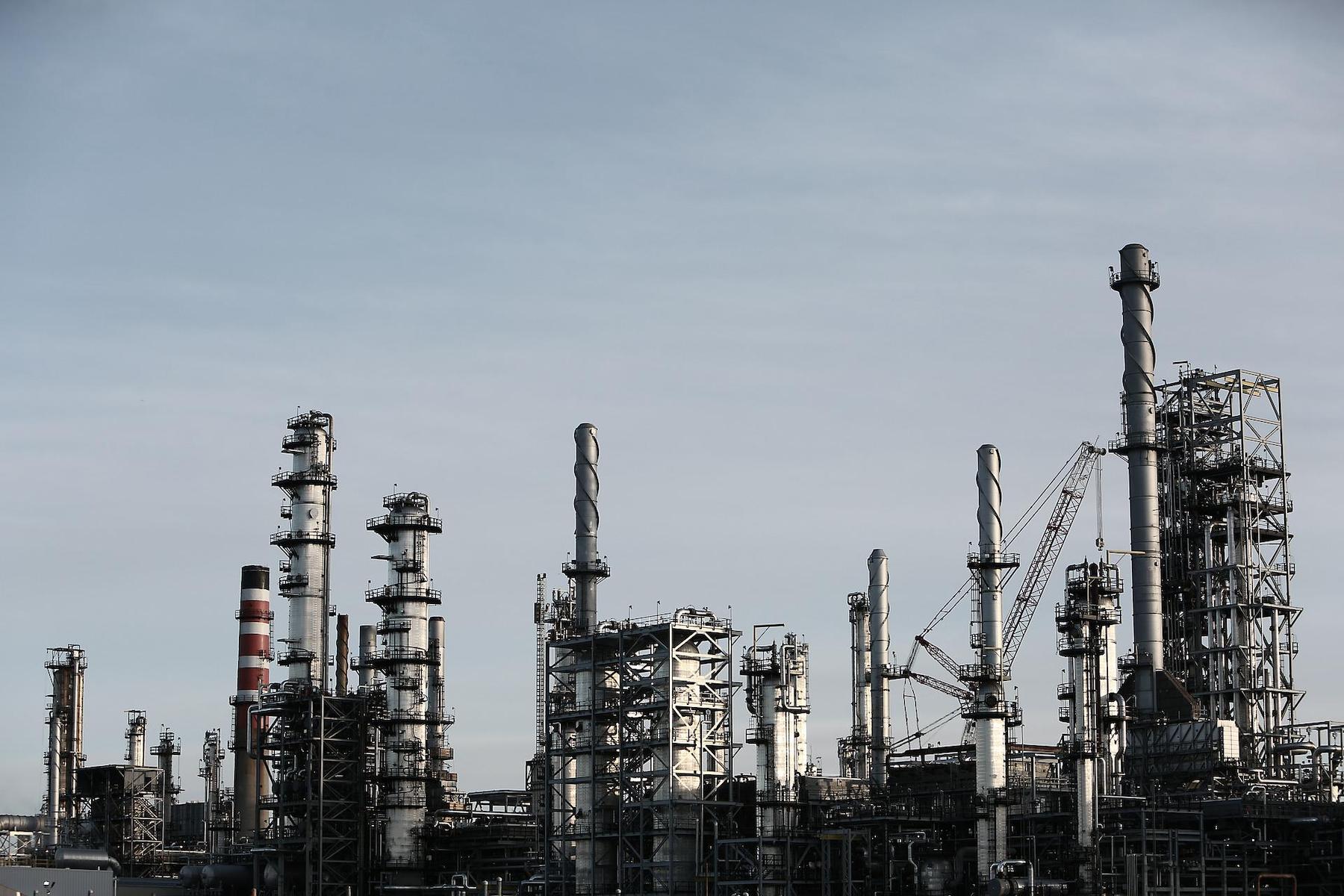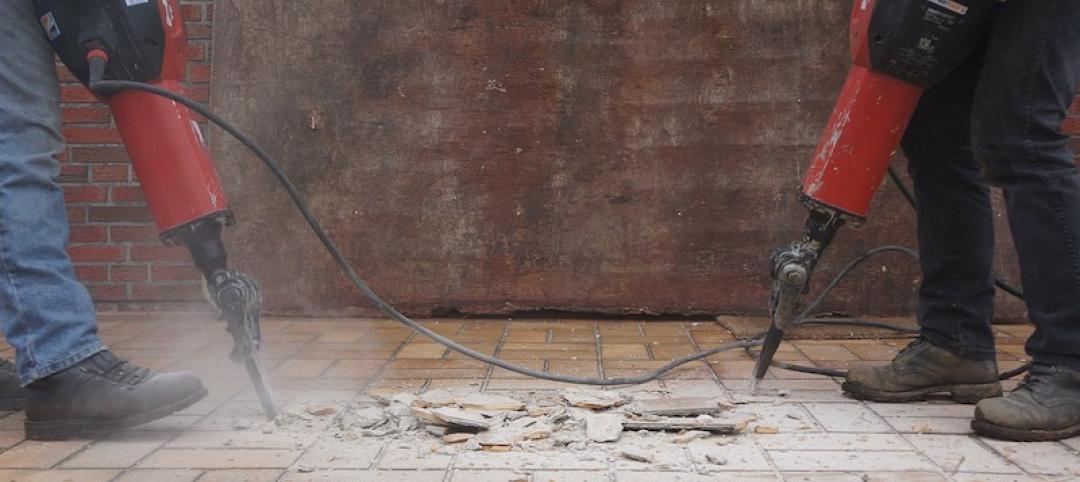The American Institute of Steel Construction has released updated environmental product declarations (EPDs) “to help designers and building owners design more environmentally friendly buildings and bridges,” according to an AISC news release.
The organization develops industry-average environmental product declarations (EPDs) for three products: fabricated hot-rolled structural sections, fabricated steel plate, and fabricated hollow structural sections (HSS)—the latter developed with the Steel Tube Institute. “These documents are designed to facilitate an accurate, apples-to-apples comparison of the structural materials on the market today,” the release says. These documents are updated every five years.
“Many people associate steel with old smokestacks and air pollution, but structural steel is now the premier green building material,” said AISC President Charles J. Carter, SE, PE, PhD. “Over the past three decades, the steel industry has reduced greenhouse gas and overall emissions by 36%. And the American structural steel industry is leading the way to a greener future with a carbon footprint nearly half the world average. By comparison, Chinese structural steel has three times the global warming potential of domestic steel.”
Many rating systems (LEED V4), standards (ASHRAE 189.1), green building codes (IgCC), and specific customers require the submission of environmental product declarations (EPDs) for products delivered to the project site. These EPD life-cycle assessments provide information on environmental impacts related to the manufacture of the product, including global warming potential, ozone depletion, acidification, eutrophication, and ozone creation.
AISC works with its mill members to develop industry average EPDs for structural steel produced in the United States. In addition to quantifying the impacts of the mill processes, the EPD work quantifies the industry average per ton environmental impacts of the fabrication process.
Related Stories
Codes and Standards | Jun 8, 2020
5 must reads for the AEC industry today: June 8, 2020
Frank Lloyd Wright sites set to reopen and construction jobs rise by 464,000.
Codes and Standards | Jun 8, 2020
Reopened offices raise liability risk for businesses and owners
Risks may not be covered by property insurance.
Codes and Standards | Jun 4, 2020
American Wood Council updates report on fire resistance of wood members and assemblies
Provides new examples and background on mass timber calculations.
Codes and Standards | Jun 3, 2020
Virginia makes GCs liable for subs employee wages
New law allows workers to sue GCs for wages in class action.
Codes and Standards | Jun 2, 2020
Designers, owners reinventing restaurants to cope with COVID-19
Options include rearranged seating, mobile ordering, designated flow spaces.
Codes and Standards | Jun 1, 2020
How owners should comply with OSHA roofing safety guidelines
Buildings should have fall protection and restraint provisions for those who go on roofs.
Codes and Standards | May 29, 2020
AIA releases new, updated sustainable project documents
Streamlined sustainable design and construction process included.
Codes and Standards | May 28, 2020
USGBC outlines how it will support pandemic recovery efforts
Includes emergency guidance and upgrades to the LEED green building program.
Codes and Standards | May 27, 2020
Office market could be COVID-19 casualty
As companies get used to work at home, post-pandemic office market could collapse.
Codes and Standards | May 26, 2020
Architectural Reuse Council will step up efforts to reuse construction waste
Cabinets, appliances, lighting, and lumber diverted from landfills to be repurposed.

















